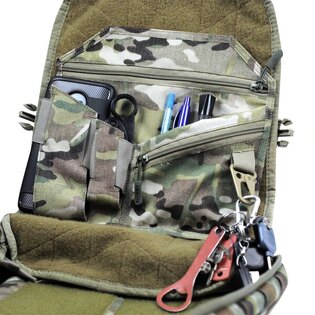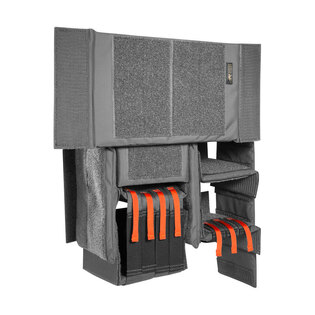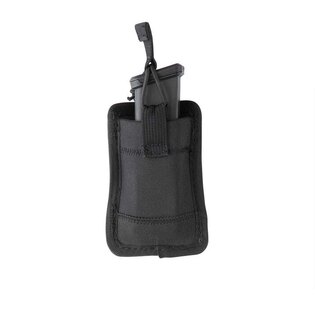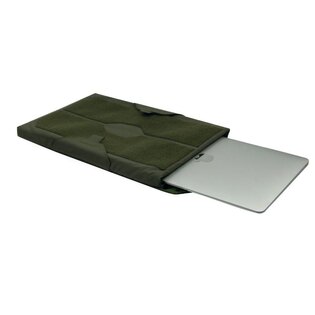10 Rules of Negotiation: Strategy That Works in the Field and at the Table
Negotiation isn’t confined to boardrooms. We all negotiate — at work, in business, at home, and in high-pressure situations. Sometimes it’s about the price of equipment; other times, about how tasks are divided within a team. Wherever you find yourself, the principles of effective negotiation remain universal. Below are ten rules that will help you achieve results — while keeping your composure, respect, and credibility intact.
1. Prepare — Knowledge Is Your Best Weapon
Just as you wouldn’t embark on a mission without a map or proper equipment, never approach a negotiation unprepared. Learn everything you can about the other side — what motivates them, where their boundaries lie, and what value you can offer in return. Be clear on your objectives and on the concessions you’re willing to make. Preparation is what prevents surprise — and strengthens your position.
2. Separate the People from the Problem
You’re not confronting a person — you’re collaborating on a solution. Keep emotions in check and avoid taking things personally. Composure, respect, and empathy often carry more weight than the loudest argument. Remember: the goal is resolution, not victory.

Those who negotiate with pressure may win a battle, but they will lose allies. Those who maintain respect and calm often gain more than they originally wanted.
3. Focus on Interests, Not Positions
Behind every demand lies an underlying need — a motive that often holds the key to progress. Instead of fixating on “I want this,” try “Why do you need that?” You’ll often discover that your objectives are not truly opposed. Transparency about your own motivations builds trust and fosters genuine dialogue.
4. Seek Win-Win Outcomes
Agreements that meet the interests of both parties endure the longest. Think creatively — there is often a path that offers more value than a mere compromise. A skilled negotiator looks for possibilities, not dominance.
5. Know Your BATNA — Your Plan B
In business and in the field alike, one rule holds true: never put all your weight on a single option. Your BATNA — Best Alternative to a Negotiated Agreement — defines what you’ll do if no deal is reached. Having a clear fallback gives you leverage and the confidence to walk away when necessary.
6. Listen to Understand, Not to Reply
The most valuable information often emerges when you’re silent. Ask thoughtful questions, paraphrase, and confirm mutual understanding. Active listening reveals not only what is said — but also what is left unsaid.
7. Communicate with Clarity and Precision
Negotiation is no place for ambiguity. Express yourself clearly, summarise agreements, and avoid vague commitments. Clarity inspires confidence — in both you and your counterpart.
8. Build and Protect Trust
Trust is the most valuable currency at any negotiation table. Honour your word, act with integrity, and don’t hide behind tactics. Even when an agreement proves impossible, a reputation for fairness opens doors in the future.
9. Master the Power of Silence
Silence is not weakness — it’s a strategic tool. It gives space to think and often prompts the other side to reveal more than they intended. Don’t rush to fill the void. The ability to control the tempo of dialogue is a mark of true professionalism.
10. Stay Composed Under Pressure
Tension is part of the process, just as it is in demanding environments. Keep a level head when pressure rises; if discussions escalate, take a step back. Negotiation is a long game — a test of endurance as much as skill.
🔶 In Closing
Good negotiation isn’t about manipulation or power play. It’s a discipline that blends logic, empathy, and strategy. Whether you’re closing a business deal, equipping a unit, or simply deciding who makes the morning coffee — these principles apply everywhere. Because real strength in negotiation lies not in winning every battle, but in creating outcomes that last.
Readers are further interested









































































































































































































